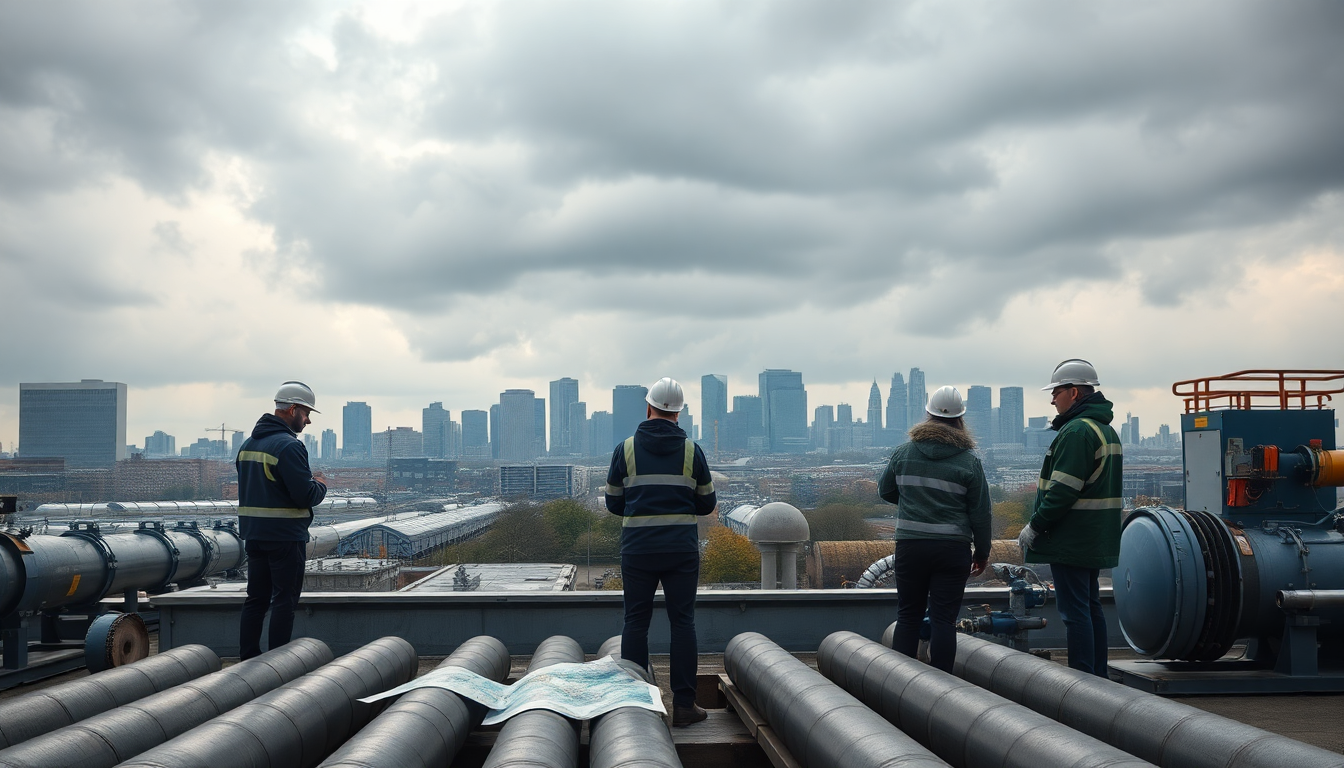Table of Contents
In a world teetering on the edge of geopolitical chaos, the EU seems to think it can actually pull off the impossible: cutting off Russian gas by 2027. You know, just another day at the office for the bureaucrats in Brussels, right? As if they haven’t been playing with fire long enough already. But here we are, with Energy Commissioner Dan Jørgensen preparing to unveil a plan that sounds more like a fairy tale than a feasible strategy. Will this plan actually work, or is it just a glorified wish list?
Brussels’ ambitious proposals
On a day that could rival a soap opera, Jørgensen is set to present a detailed proposal aimed at eliminating the EU’s dependence on Russian fossil fuels completely. Starting January 1, 2026, the import of natural gas via pipelines or liquefied natural gas will be strictly banned, unless you’re one of the lucky few who managed to ink a deal before the deadline. Talk about a cliffhanger!
This draft, leaked to the press, promises to shield the EU from the risks that come with trading gas with Moscow. But let’s be real: does anyone really believe that bureaucratic dictates can outmaneuver the Kremlin? The plan even outlines that any gas coming from Russia will be labeled as such unless it can prove it has a different origin. It’s almost cute how they think documentation will save the day.
Long-term contracts and exceptions
And speaking of contracts, there’s a lovely loophole for those long-term deals that some member states have with Russia. You know, the ones that were meant to be temporary but have turned into a cozy little arrangement. The EU might let them slide until 2028. How generous! Meanwhile, the rest of us are left to wonder: what’s the point of all this grandstanding?
Not to mention the landlocked countries that are looking at this proposal with a mix of horror and disbelief. They’ve been playing nice with Moscow, and now they’re being told to cut ties? It’s like being asked to break up with your high school sweetheart right before prom. Who do they think they are?
New sanctions and resistance
As if this wasn’t enough, Brussels is also ramping up sanctions, proposing to put a moratorium on buying refined products from Russian crude. Because that’s going to really show Putin who’s boss, right? But hold on! Hungary and Slovakia are still happily filling their tanks with Russian oil and gas. They’re even using temporary exemptions to take advantage of those sweet, sweet prices. They’re clearly not on board with this new plan, threatening to veto measures that could cut them off. What a delightful mess!
The EU needs unanimous support from all member states to roll out these sanctions, and with Hungary and Slovakia digging in their heels, it’s going to get messy. Can you imagine the drama? It’s like a reality TV show, only with higher stakes and fewer Kardashians.
What does the future hold?
And while the EU is busy plotting its escape from Russian energy, there’s the looming question of how this will affect the average European. Are they ready to pay higher prices for energy? Will they be sitting in the dark, cursing the bureaucrats who promised them a brighter future? The EU is betting it all on this plan, but let’s be real: it’s a gamble at best.
As the clock ticks down to 2027, the question remains: will this ambitious plan come to fruition, or will it fizzle out like a bad firework? Only time will tell, but one thing is certain: the political landscape in Europe is about to get a whole lot messier. Buckle up!


